I’m not going to address Donald Trump’s idea about barring Muslim immigration. I don’t have any great problem with it and to the extent that it does NOT involve US citizens, it is clearly within the power of the US government to refuse entry to the United States. In fact, that is not even controversial. The idea of banning all travel from several Muslim nations was kicked about after 9/11 and when you consider that it would have prevented the shooting at the CIA and the first World Trade Center attack (1993), 9/11, Fort Hood, the Boston Marathon bombing, and San Bernardino, it has a certain appeal.
But a small industry sprang up today making fun of Trump over how he would go about doing this. For instance:
On how his plan would work, Trump says: A customs agent "would say 'Are you Muslim?'"
And if answer is yes, traveler would be turned away
— Phil Mattingly (@Phil_Mattingly) December 8, 2015
I don’t know this guy, but if you google Twitter for this quote you find the left wing’s brain trust — Sally Kohn, Greg Sargent, etc.– belittling it. I presume this is to set up what was said as ridiculous (if by some chance I am wrong and Mattingly is a Trump staffer, I apologize).
What happens now when a traveler from a Muslim nation arrives at a US airport. Via NBC News:
Imagine it is 5 a.m. and you’ve landed in New York after a 12-hour overseas flight. Standing in the line for U.S. citizens, you wait as a border agent asks passengers ahead a few cursory questions, then waves them through. Your family is instead ushered into a separate room for more than an hour of searching and questioning.
This was the welcome that Hassan Shibly, traveling with his wife and infant son, said they received in August 2010, when they returned to the United States from Jordan, after traveling to Mecca.
“Are you part of any Islamic tribe? Have you ever studied Islam full time? How many gods do you believe in?” “How many prophets do you believe in?” the agent at New York’s JFK Airport asked, according to Shibly, 24, a Syrian-born Muslim American. He said the agent searched his luggage, pulling out his Quran and a hand-held digital prayer counter.
“At the end — I guess (the agent) was trying to be nice — he said, ‘Sorry, I hope you understand we just have to make sure nothing gets blown up,’” said Shibly, a law school graduate who grew up in Buffalo.
A decade after Islamic extremists used airplanes to attack the World Trade Center and the Pentagon, Muslim American travelers say they are still paying the price for terror attacks carried out in the name of their religion. At airports, ports and land crossings, many contend, they are repeatedly singled out for special screening and intrusive questioning about their religious beliefs. Others say they have been marooned overseas, barred from flights to the United States.
…
Another case detailed in the complaint is that of New Jersey resident Lawrence Ho, who says that when he reached the U.S. border from Canada by car in February 2010 he was surprised to find the border agent knew that he had converted to Islam. Ho, who is Chinese American, said the border agent questioned him for nearly four hours about his Muslim beliefs. But an email to the CBP to complain about the encounter at the Rainbow Bridge checkpoint in New York didn’t get far.“In 2001, the U.S. was attacked by Islamist extremists,” wrote a senior CBP officer in an email response to Ho. “If a CBP officer inquires as to a person’s religious beliefs in order to uncover signs of extremist tendencies, that officer is well within his authority.”
This bears a stunning similarity to the way things are done today, doesn’t it?
And when you look at a list of Visa-waiver nations, that is, those nations whose nationals do not need an visa to enter the United States, you will notice what countries are not on the list.
In those nations, an applicant for a visitor’s visa has to submit to a personal interview by a consular official.
Could a person lie and evade the check? Sure. The San Bernandino shooter even lied about her address on her visa application. Is the system Trump talks about sub-optimal? Sure.
But is the way he’s advocating any different from the way we currently screen travelers and refugees? No. In all cases, someone asks the visa applicant questions and if they get the wrong answer they turn them away. If they lie convincingly, they are in.


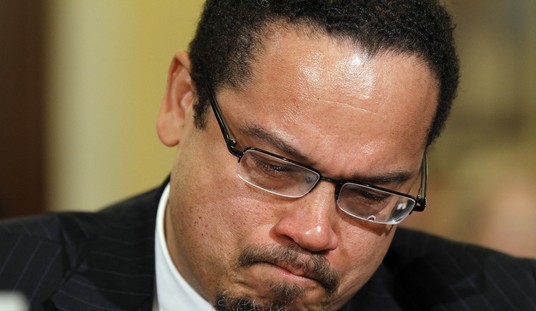




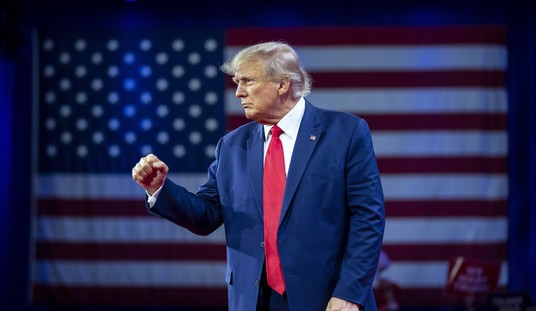


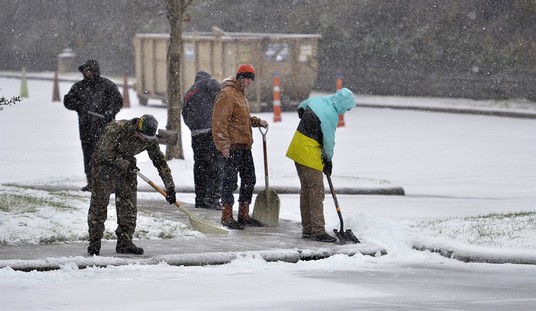
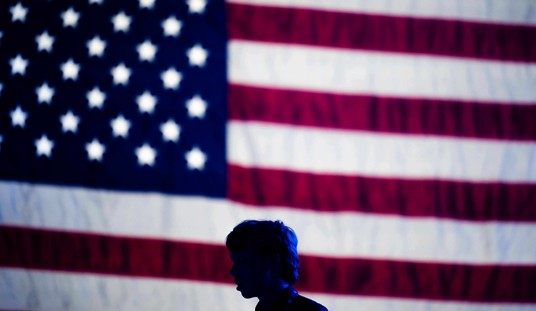
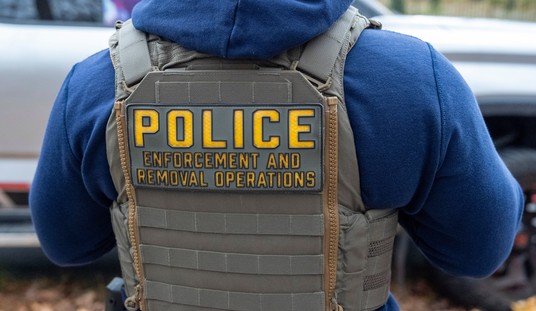
Join the conversation as a VIP Member